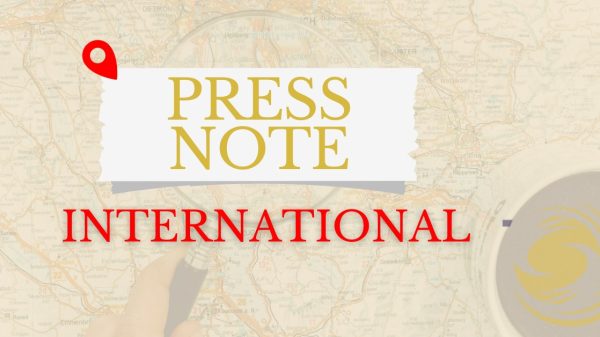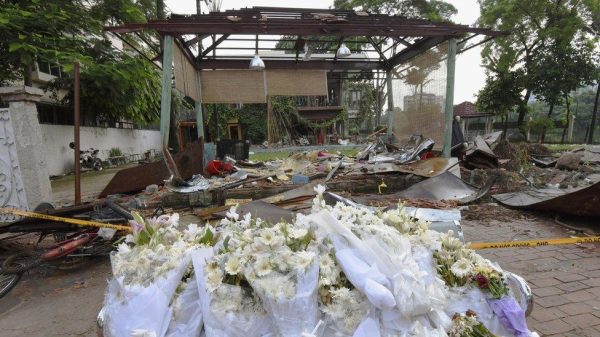From Terror to Thirst: Pakistan on the Brink After Treaty Suspension

- Update Time : Saturday, May 3, 2025

India’s Response to the Pahalgam Attack
In April 2025, a devastating terrorist attack in Pahalgam, Jammu & Kashmir, claimed 26 lives. India held Pakistan-backed militants responsible for the attack. In response, India suspended the Indus Waters Treaty of 1960. Under this agreement, Pakistan relies heavily on the Indus, Jhelum, and Chenab rivers for drinking water, agriculture, and power generation. India’s move has triggered a severe diplomatic, environmental, and humanitarian crisis in Pakistan.
Pakistan’s Crisis: On the Brink of Food, Agriculture, and Power Collapse
Impact on Agriculture:
About 80% of Pakistan’s irrigated farmland depends on water from the Indus basin. A reduced water flow would devastate key crops like wheat, rice, cotton, and sugarcane production.

Shortage of Drinking Water:
Millions of Pakistanis depend on the Indus for drinking water. A sudden decrease in supply could create a humanitarian crisis in urban areas.
Collapse of Power Generation:
Most of Pakistan’s hydropower plants are located along the Indus River. A lack of water would reduce electricity supply to the national grid and disrupt industrial production.
Social Unrest:
If agriculture fails, rural economies will collapse, triggering internal migration, increasing city population pressure, and worsening unemployment.
International Mechanisms Fail to Address Bilateral Crisis
The World Bank, the original guarantor of the treaty, has so far not taken any effective action. The United Nations also refrains from direct involvement due to political sensitivities and the bilateral nature of the issue.

Dr. Sandra Miller, an international law expert at The Hague-based Institute for Transboundary Justice, remarked:
“The Indus crisis is a stark reminder that the international community still lacks the means to bring real resolution between two rival states. To uphold such treaties, more than paper guarantees—genuine political will—is required.”
She further warned:
“If in fighting terrorism, a country pushes a neighboring state to the brink of collapse, it creates a dangerous precedent for the entire region. This crisis has shaken India-Pakistan relations and the foundation of South Asia’s security framework.”
Without Political Intervention, Humanitarian Catastrophe is Inevitable
Though India’s decision is unilateral, it appears part of a broader diplomatic strategy. Constrained by climate change and limited economic capacity, Pakistan is struggling to mount an effective response. The international community, invoking bilateralism and geopolitical balance, remains largely silent. But such silence could invite even greater disasters in the future, especially in a region armed with nuclear weapons.

Suspension of the Treaty Signals the Dawn of a New Water Politics
The water conflict between India and Pakistan is no longer hypothetical—it is a reality. This kind of diplomatic warfare in the name of fighting terrorism forces countries that harbor terrorism to reassess their choices. It raises a critical question: Should nations nurture terrorism or act as sincere neighbors, cooperating for mutual social and economic development?
Such actions by India may begin a new political and counter-terrorism strategy. However, if this situation persists, one side’s use of water as retaliation for terrorism may eventually push the other into humanitarian collapse.
Unless states that sponsor terrorism and those victimized by it face the realities of this new era, such diplomatic wars and political strategies will continue to spark regional crises across the world.










Leave a Reply